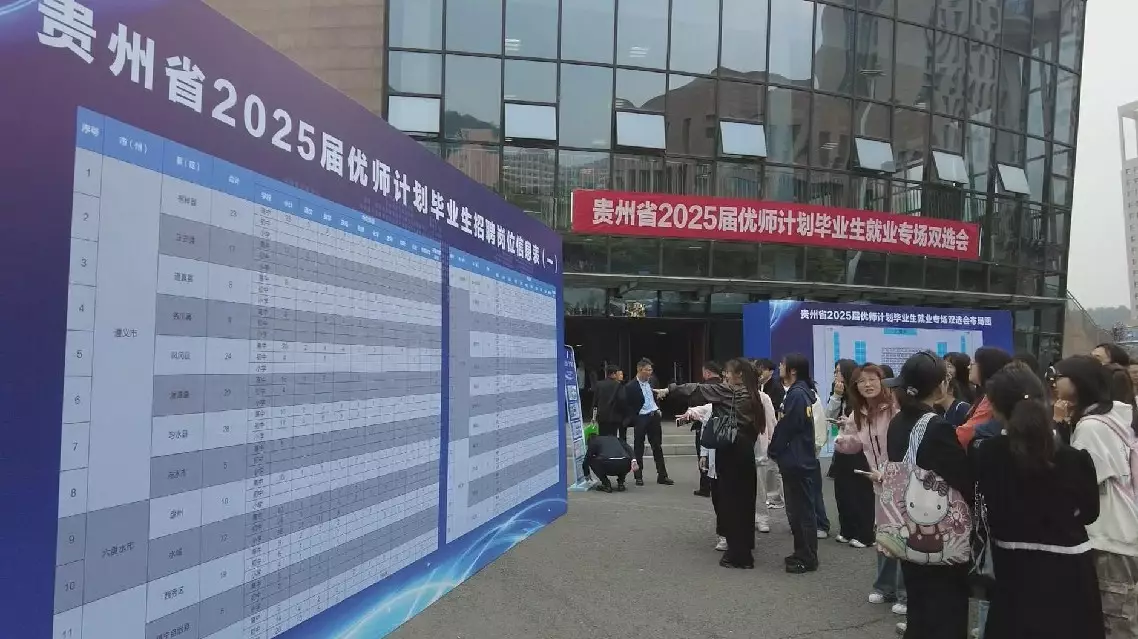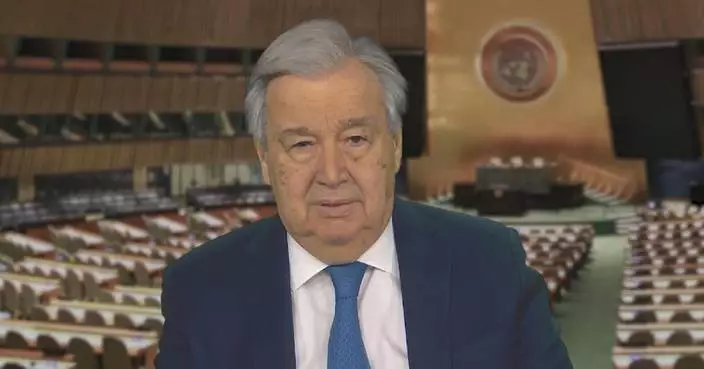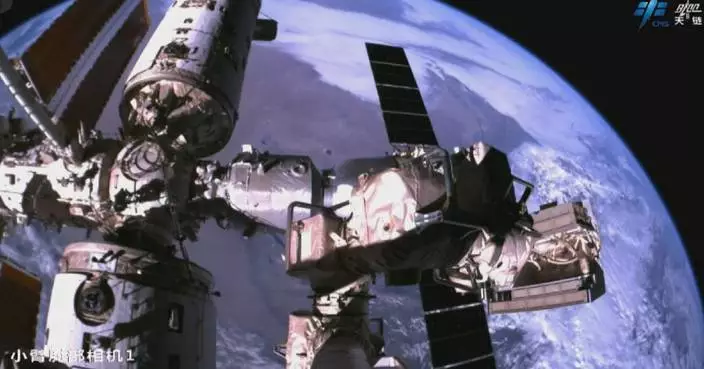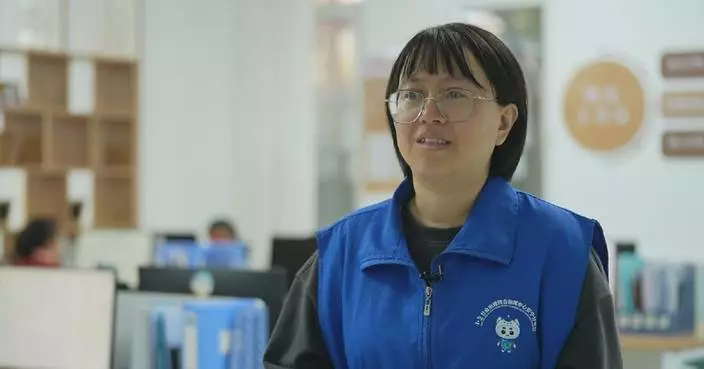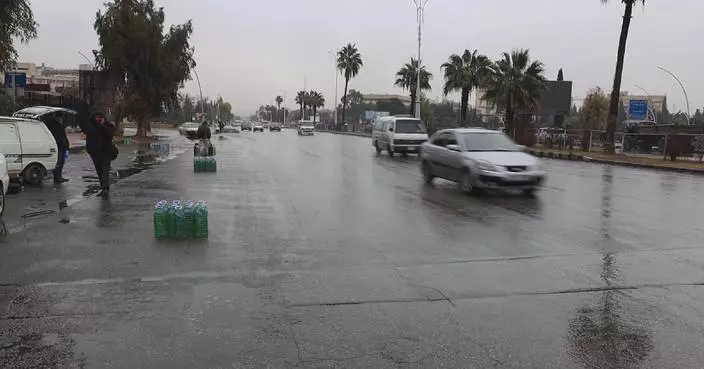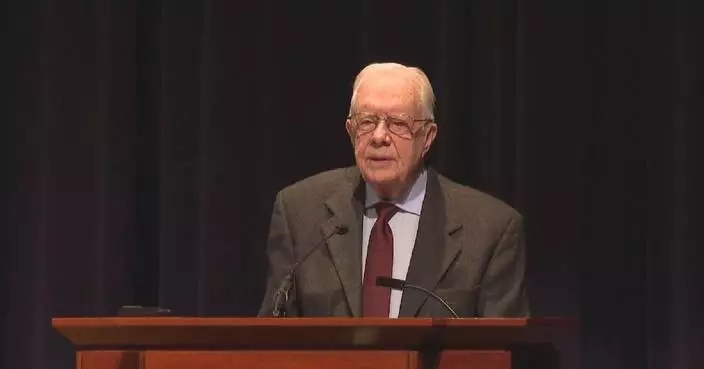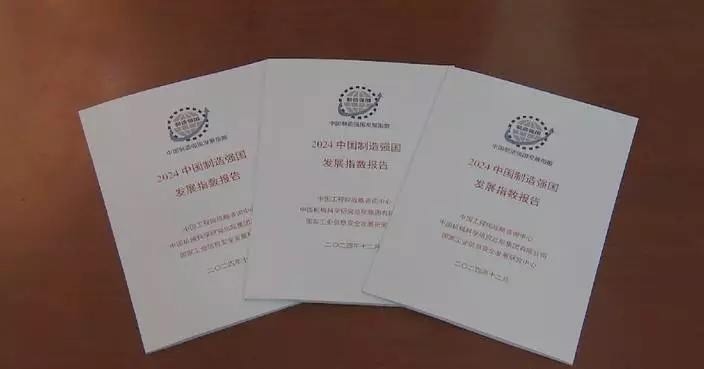The drills conducted by the Chinese People's Liberation Army (PLA) and the China Coast Guard (CCG) on Monday aim to deter Taiwan separatist forces led by the region’s leader Lai Ching-te, according to Taiwan commentators.
The PLA's Eastern Theater Command on Monday sent its army, navy, air force and rocket force to conduct "Joint Sword-2024B" drills in the Taiwan Strait and to the north, south and east of the island of Taiwan.
The media in Taiwan reported the PLA drills, calling them a response to Lai's separatist speech delivered on Oct 10.
"I think the mainland drills are mainly aimed at deterrence. Why did it conduct the drills after Lai's speech on Oct 10? We know there are some expressions different from his previous remarks, but his words about the new 'two states' theory remain those that he has repeated many times since taking office. Of course, it incurred the mainland's deterrence against the Taiwan separatist forces," said Yu Tzu-hsiang, a professor at Shih Hsin University.
The CCG announced that its formations 2901, 1305, 1303 and 2102 conducted law enforcement patrols in the waters surrounding Taiwan island on Monday. On the same day, the Fujian Coast Guard said that it organized a formation of vessels to conduct comprehensive law enforcement patrols in the waters near the islands of Dongyin and Matsu.
Hsieh Chih-chuan, a Taiwan current affairs commentator, said the coast guard patrols show the mainland's capability of fully sealing off Taiwan.
"This time the mainland also dispatched four coast guard ships to sail around Taiwan and block all of its six seaports. The mainland's operations aim to not only deter Taiwan separatist forces, but tell Taiwan that the mainland has the capability of fully blocking the surrounding areas of Taiwan, including all ports of Taiwan. The operations also tell the external forces that 'you want to come here? no way!'" said Hsieh.
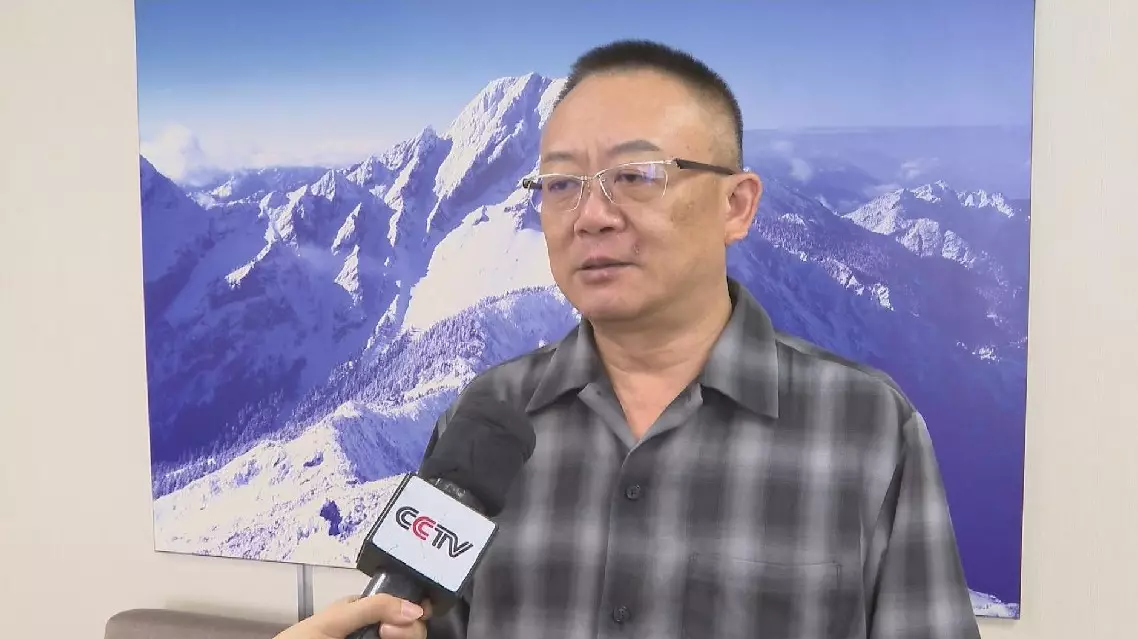
PLA, CCG drills aim to deter Taiwan separatist forces: commentators
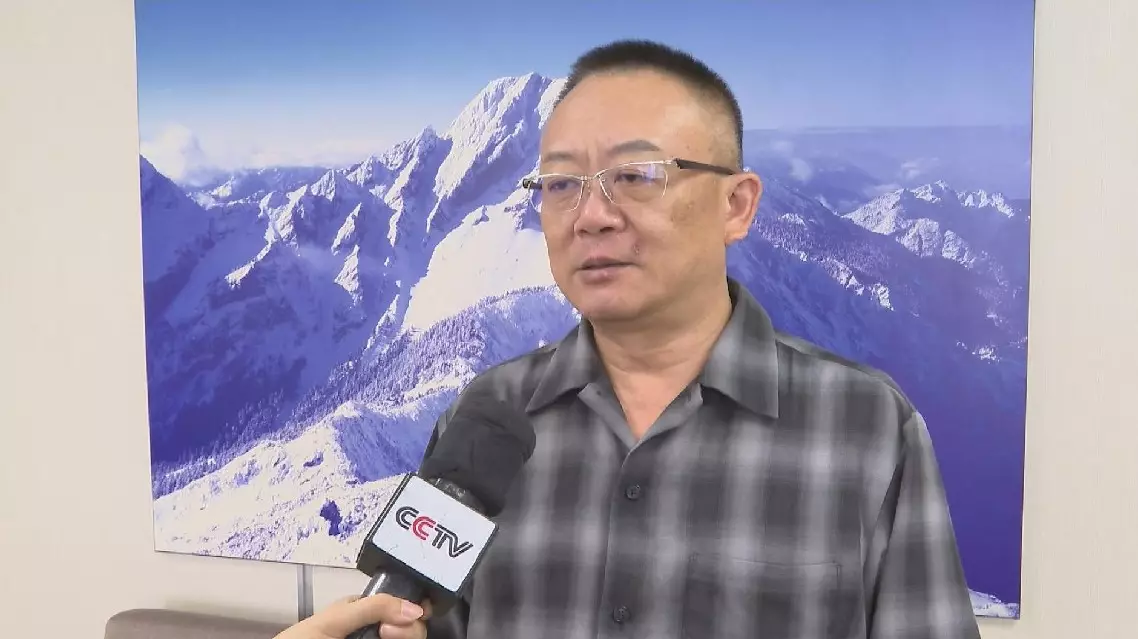
PLA, CCG drills aim to deter Taiwan separatist forces: commentators
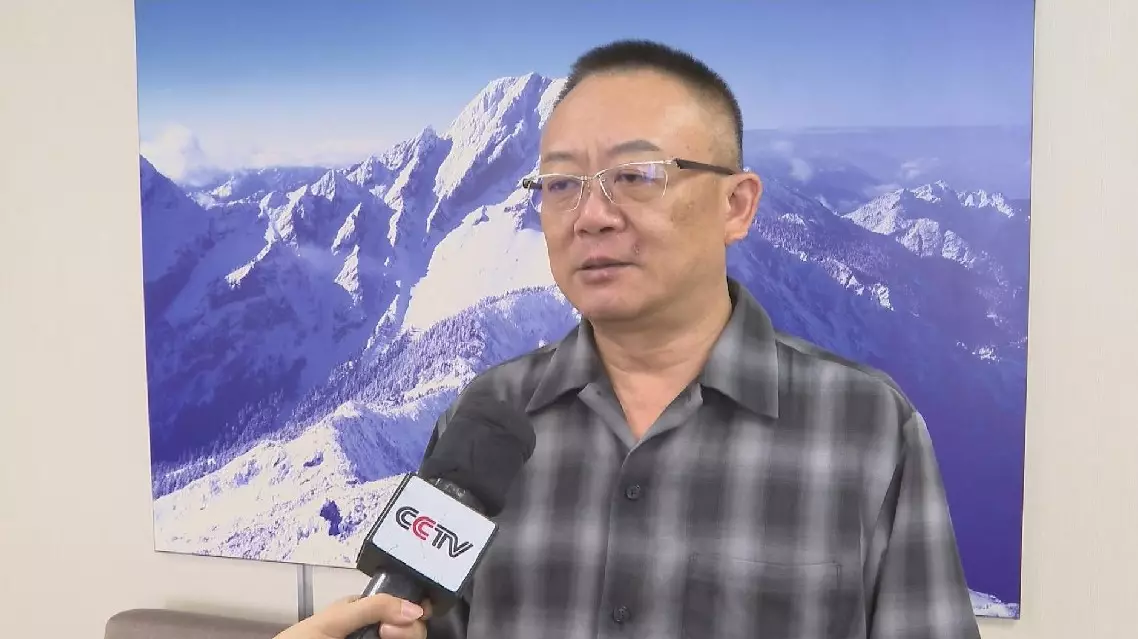
PLA, CCG drills aim to deter Taiwan separatist forces: commentators


